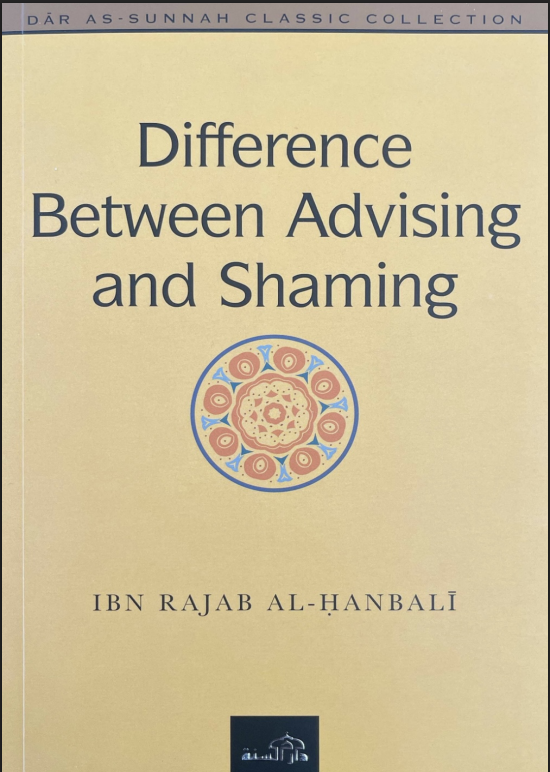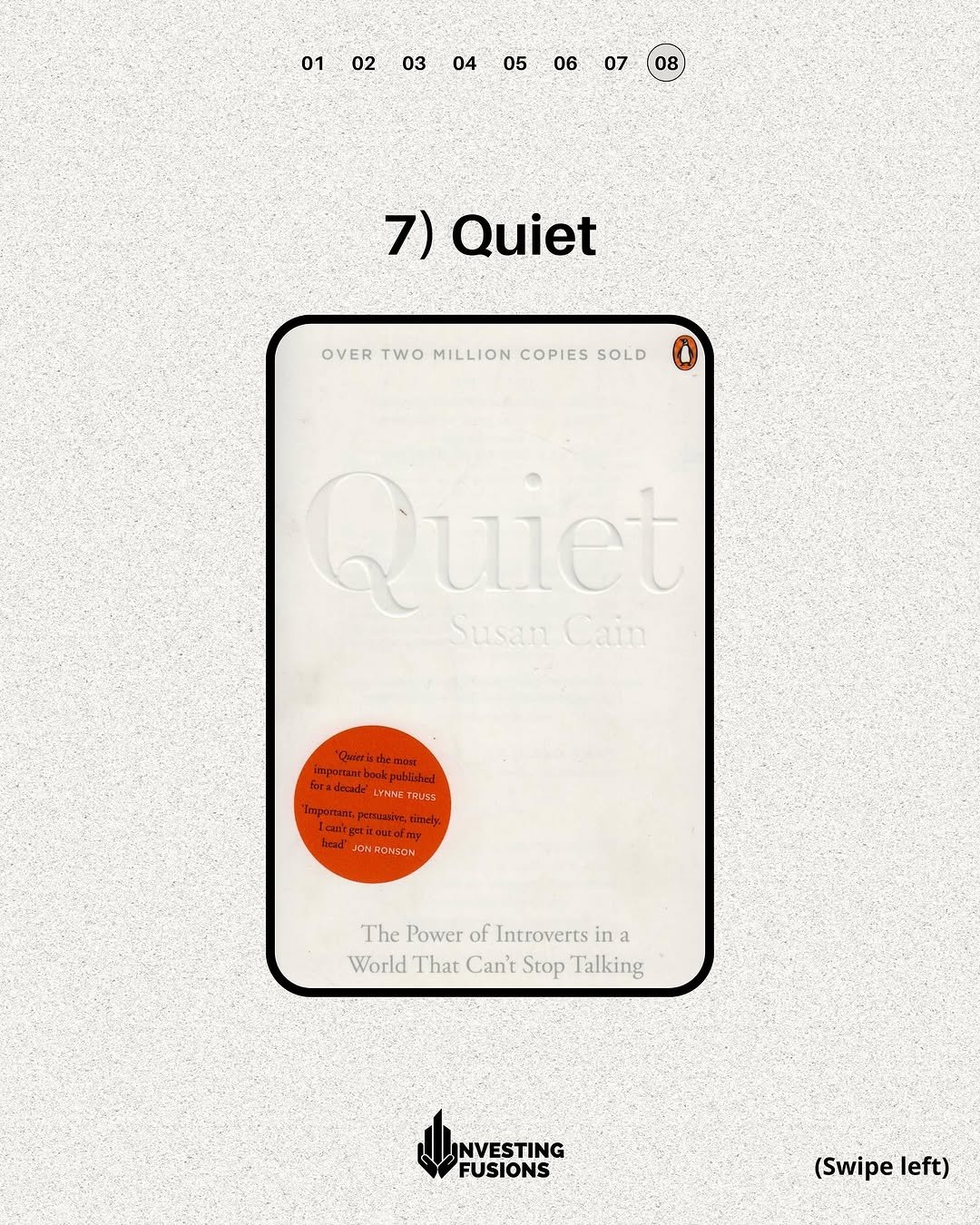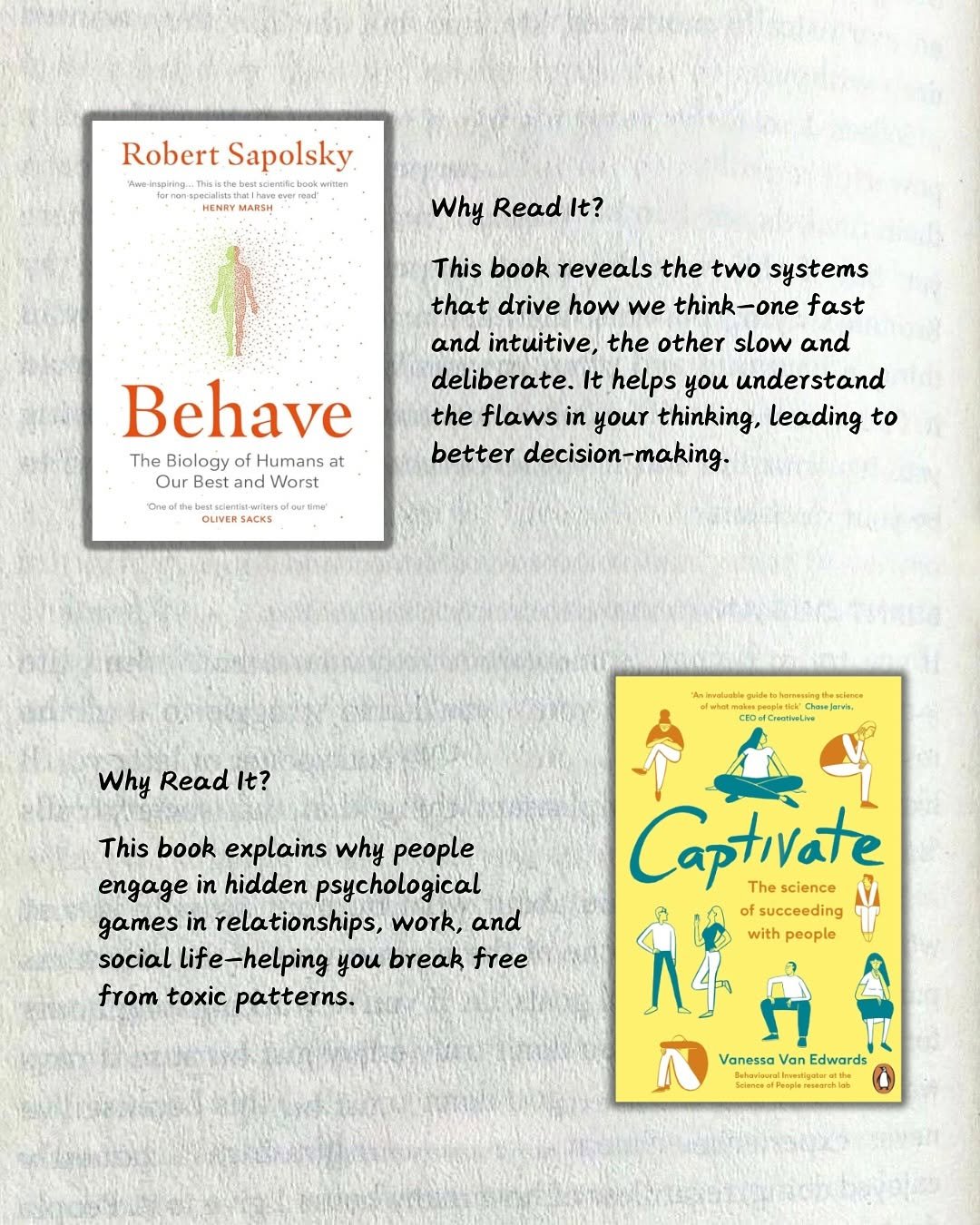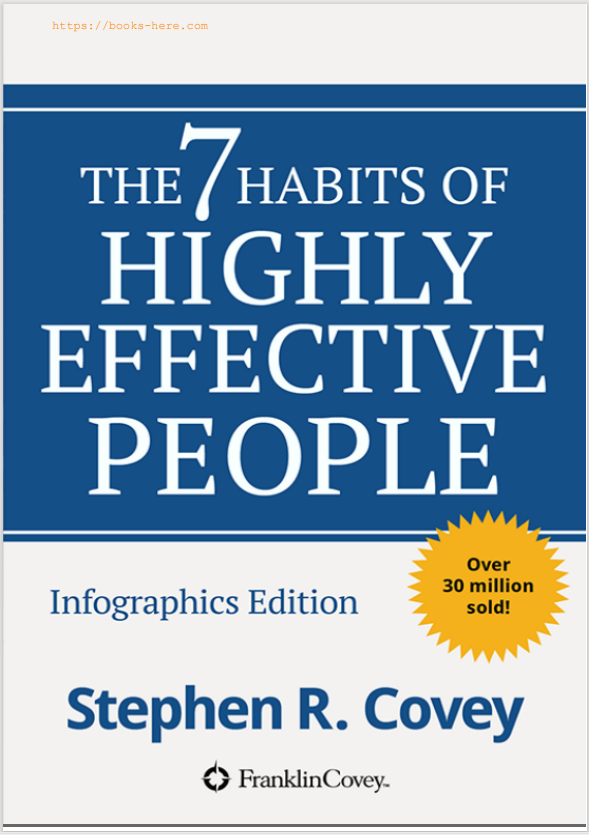.jpg)

Difference Between Advising and Shaming
Reviews
No review yet. Be the first to review this book!
Description
Difference Between Advising and Shaming by Ibn Rajab al-Hanbalī is a short but powerful treatise that highlights the crucial distinction between offering sincere advice (naṣīḥah) and humiliating or exposing others. Ibn Rajab explains that true advice in Islam comes from a place of sincerity, compassion, and a desire for the other person’s improvement, while shaming stems from pride, malice, and the intent to belittle or embarrass. He emphasizes that advice should be given privately, gently, and with empathy, following the Prophet Muhammad’s (PBUH) example of guiding people with wisdom and kindness. Public criticism or harsh words, on the other hand, often harden hearts, breed resentment, and fail to bring about positive change. The treatise reminds believers to check their intentions, avoid self-righteousness, and always seek the betterment of others when correcting mistakes. Ultimately, Ibn Rajab calls for maintaining dignity, preserving brotherhood, and fostering a culture of constructive, sincere guidance rather than one of judgment and exposure.






















.png)









.jpeg)








.jpg)

.jpg)



.jpeg)


.jpeg)

.jpg)


.jpg)






.jpg)







.jpeg)











.jpeg)





.jpg)


.jpg)


















.jpg)
.jpg)
.jpg)
.jpg)
.jpg)
.jpg)
.jpg)
.jpg)
.jpg)
.jpg)
.jpg)
.jpg)
.jpg)
.jpg)
.jpg)
.jpg)
.jpg)
.jpg)
.jpg)
.jpg)
.jpg)
.png)
.jpg)
.jpg)
.jpg)
.jpg)
.jpg)

